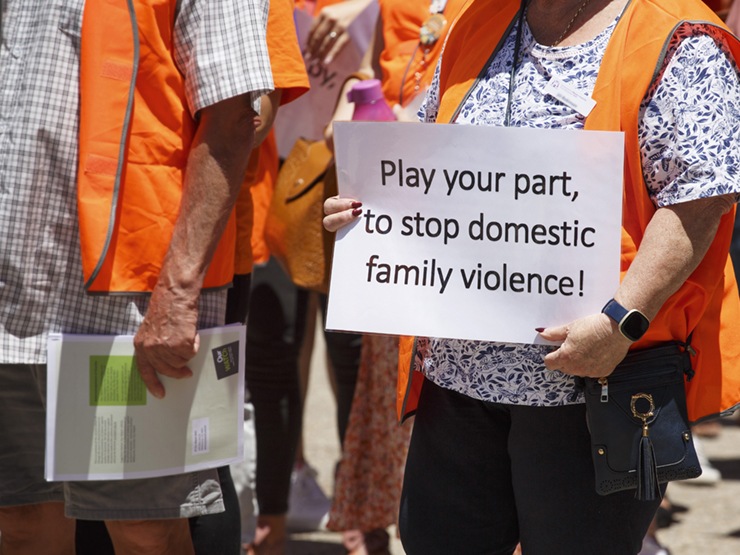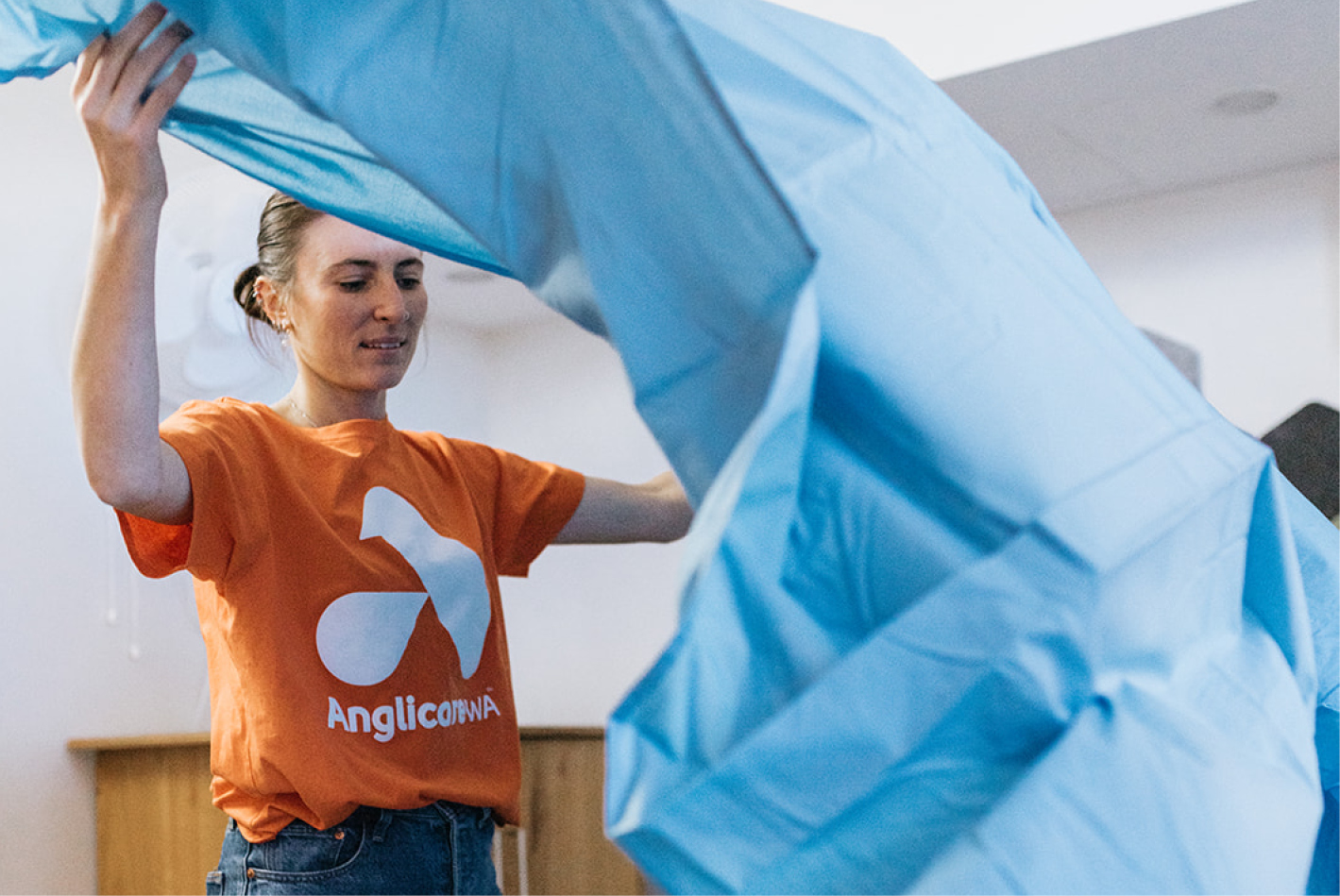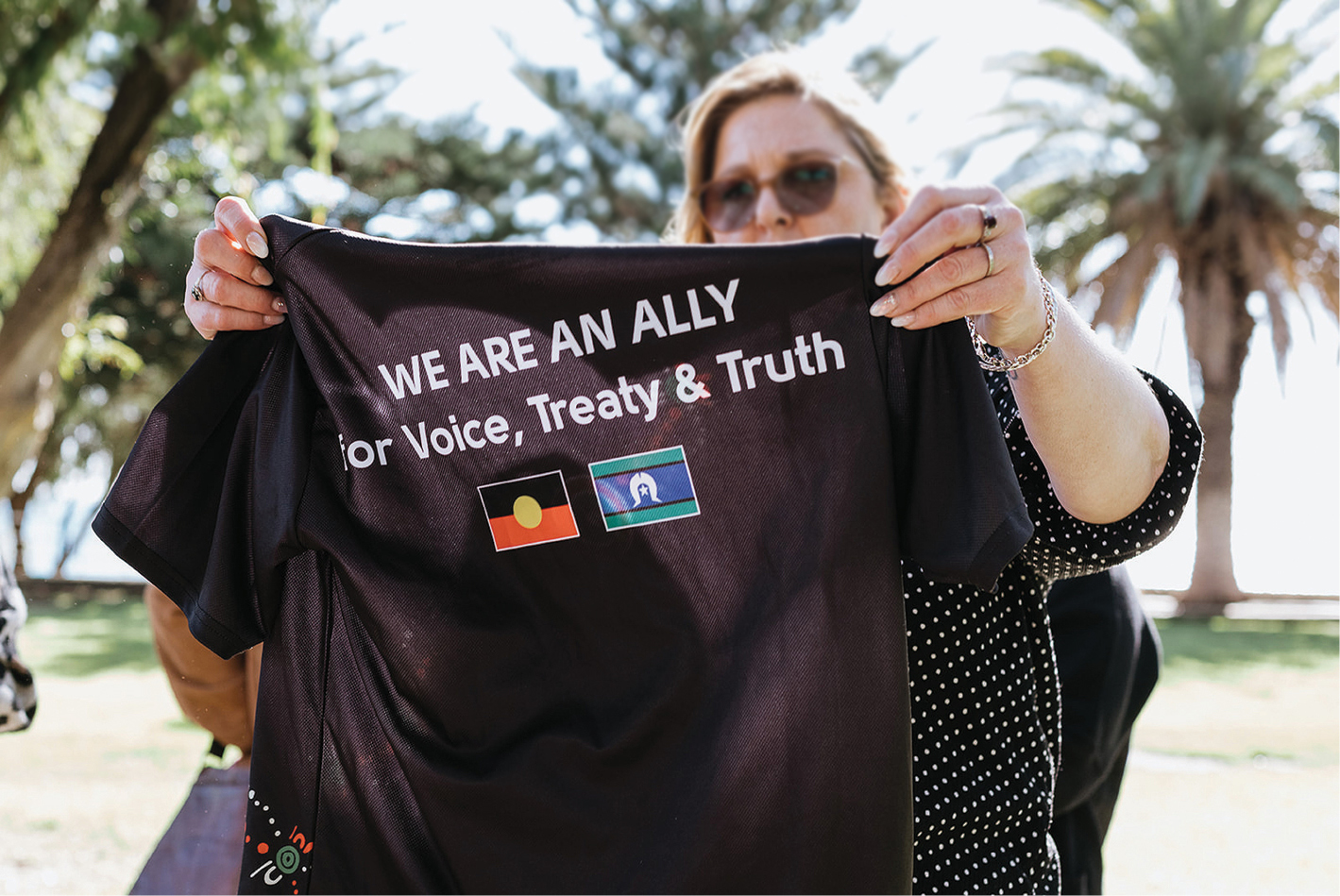We Want a Community in Which Everyone Has Access to Life’s Basic Necessities.
At Anglicare WA, we are committed to creating economic justice and fairness for all Western Australians. By breaking down systemic barriers to poverty, we ensure access to essential resources like financial counselling and support services. Through partnerships and campaigns to focus on raiding the rate of JobSeeker we advocate for change and help shape policies that deliver lasting economic equity in our community.
Our Goal
We want a community in which everyone has access to life’s basic necessities.
“I quite easily could have become another statistic in Australia’s largest cause of death in young men: suicide, if it were not for the hope that I walked away with from my first meeting with Anglicare WA staff. Not only did Anglicare WA help me out of an extremely difficult financial situation that was impacting my mental health, they have totally reshaped how I handle my finances.” – Financial Counselling client
The Problem
We want a community in which everyone has access to life’s basic necessities. The statistics below are for 2024.
*These statistics may fluctuate based on recent reports released.
Western Australians (13%) live in poverty, including 85,000 children.
Households affected by poverty earn less than 50% of the median income.
In 2024, 12% of adults in WA reported struggling to pay bills due to income variability
15% of WA families reported having to choose between food, medicine, rent, and other essentials
15% in WA face rising income inequality, deepening class divides, and social disadvantage
3.3 million people and 761,000 children are living under the poverty line in Australia
What Stands in the Way
What We are Doing to Help?
Each year, Anglicare WA supports more than 21,000 individuals facing financial stress through a range of services. These include financial counselling, direct financial assistance, support and education, access to the Hardship Utility Grants Scheme, and the provision of no and low interest loans.
In addition to providing these essential services, Anglicare WA actively advocates for systemic change to address the root causes of financial hardship.
Systemic change is needed to overcome these barriers.
Governments, schools, and organizations must invest in preventative education to foster economic fairness. Programs should include age-appropriate and culturally relevant resources, covering topics like financial literacy, equitable access to opportunities, and fair labor practices.

Federal Government must:
- Permanently increase the rate of JobSeeker, Youth Allowance, Parenting Paymentand other related payments to above the poverty line.
Evidence shows that temporary increases to payments during 2020/21, through the Coronavirus supplement, significantly reduced the material and non-material impacts of poverty and reduced the need for emergency assistance. - Increase the income threshold to allow people on JobSeeker and other income support payments to earn a modest amount before losing benefits.
- Increase Commonwealth Rent Assistance and index to local rental markets.
- Provide subsidies for digital devices used for education and training.
- Facilitate access to low-cost broadband for low-income households.
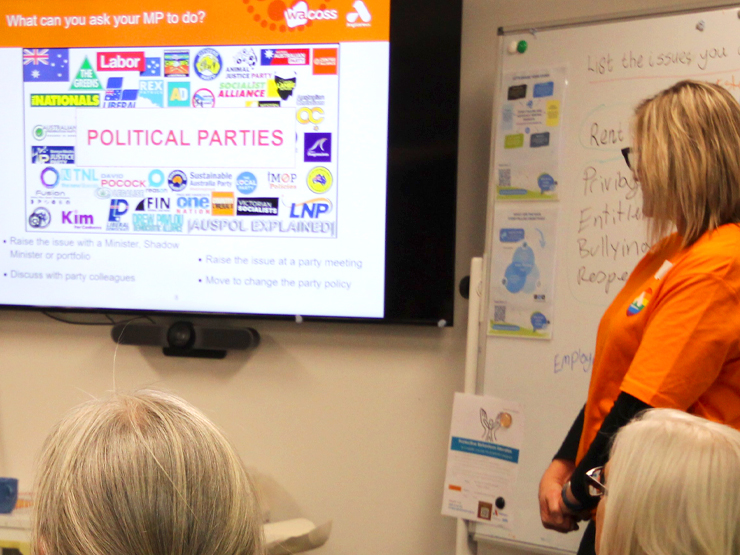
Federal and State Government must:
- Establish the minimum wage as a living wage that is regularly adjusted to maintain a socially accepted minimum standard of living.
- Create pathways to industry-level or collective agreements, particularly in low pay industries.
- Work together to reform national childcare funding to ensure universal access to high quality early childhood education and care and prioritise accessibility of care in regional areas.
- Invest in entry-level job creation.
- Work with Workforce Australia providers and people with lived experience to increase pathways to employment through better tailored and person-centred work placements and supported training.
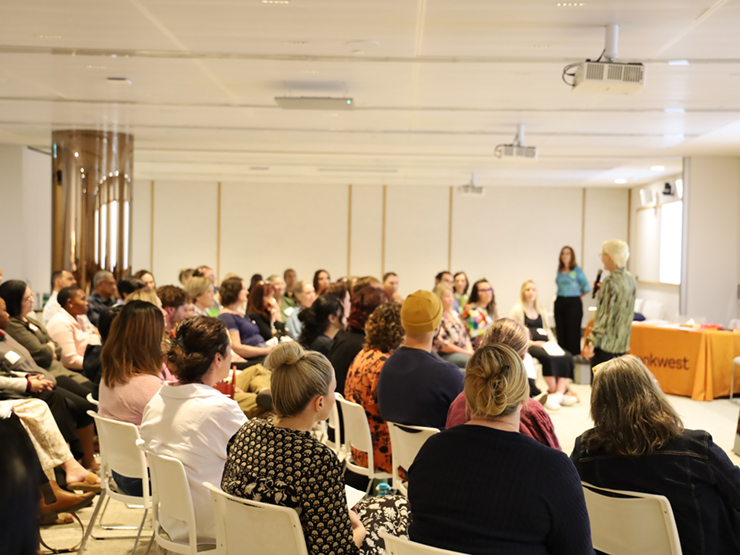
State Government must:
Increase eligibility for state-based utility concessions.
- Implement minimum standards for rental properties (including energy efficiency).
- Shift to percentage-based energy concessions. Percentage-based concessions are calculated in proportion to usage, so eligible households with higher energy needs receive more assistance and help them cope with fluctuations in energy consumption due to health or seasonal variations.
- Allow TAFE colleges discretion to waive education fees for disadvantaged students.
- Increase pastoral care funding for schools.
- Provide funding to support low-income people into getting a driver's licence.
Other Advocacy Priorities
Through our advocacy, we are committed to creating economic justice and fairness, ensuring that everyone has a home, seeking freedom from family and domestic violence and abuse, and supporting Aboriginal recognition and justice by being an ally on voice, treaty and truth.

